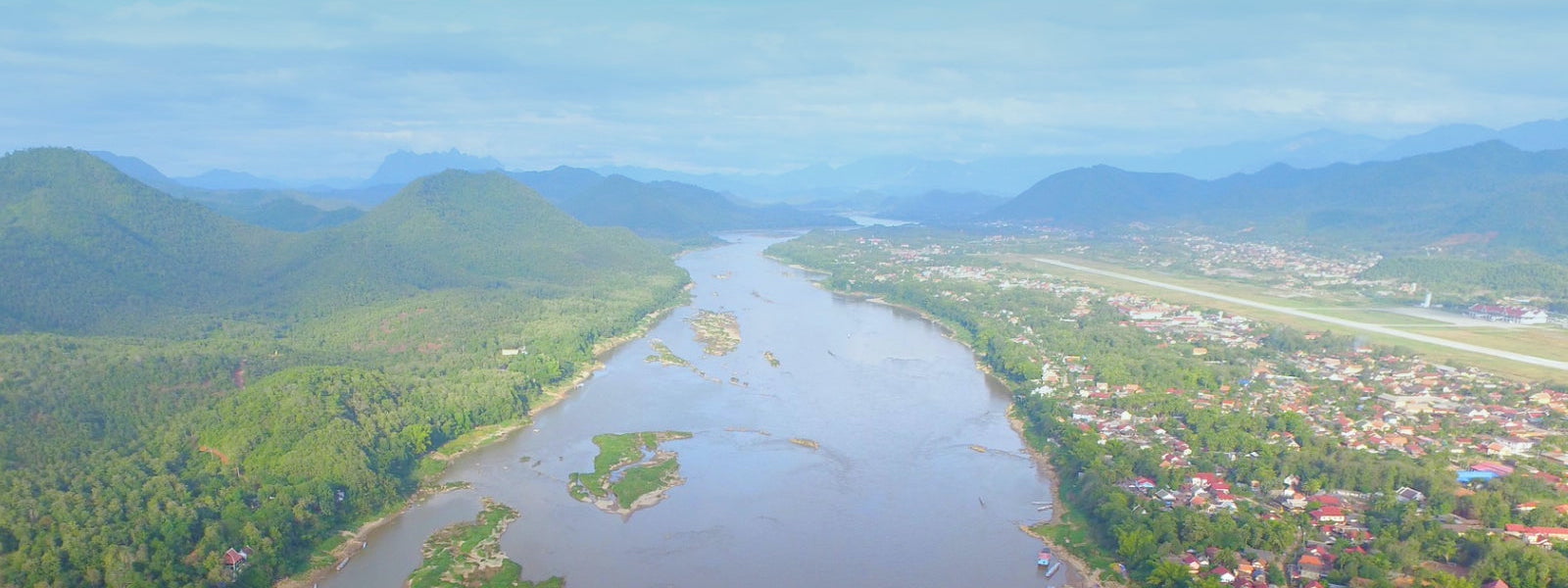
Climate Change Situation and Impacts
The components of climate change vulnerability assessment consist of exposure to climate change effects and sensitivity to climate change effects, which will impact people living in the Young River Basin (Potential impacts). These impacts, when combined with adaptive capacity to climate change effects, will yield the results of climate change vulnerability assessment. For people in the Young River Basin, exposure to climate change effects includes flooding problems, drought, rainfall amount, water management, and wastewater management. Regarding sensitivity to climate change effects, it consists of poverty, household income, and population density. When combined, it was found that people in the lower Young River Basin are most affected in both exposure and sensitivity aspects. When considering the adaptive capacity to climate change impacts of people in the Young River Basin, which includes crop yields, water access, market access, and health services access, it was found that the adaptive capacity of people in the Young River Basin is insufficient to handle climate change impacts. This area is considered highly vulnerable and requires increased adaptation measures under the EbA project.
Agreement between UNEP – DWR
In 2023, the Department of Water Resources implemented the Ecosystem-based Adaptation (EbA) Project in the context of cooperation among developing countries in the Mekong River Basin Phase 1. This was under a cooperation agreement between the Ministry of Natural Resources and Environment, through the Department of Water Resources, and the United Nations Environment Programme (UNEP) to implement the Ecosystem-based Adaptation Project in the context of cooperation among developing countries in the Mekong Basin (Mekong EbA South Project). The project received funding support from the Adaptation Fund (AF), with UNEP serving as the Implementing Entity. The project's co-implementing agencies include the Ministry of Natural Resources and Environment of Thailand through the Department of Water Resources, the Ministry of Natural Resources and Environment of the Socialist Republic of Vietnam, and the International Union for Conservation of Nature (IUCN). The project aims to develop practical models and demonstrate the use of Ecosystem-based Adaptation approaches in vulnerable communities in Thailand to manage climate change impacts, particularly drought and flooding. It also aims to enhance awareness, participation, and capacity building of government agencies and communities in the Mekong sub-region in ecosystem-based climate change adaptation.





